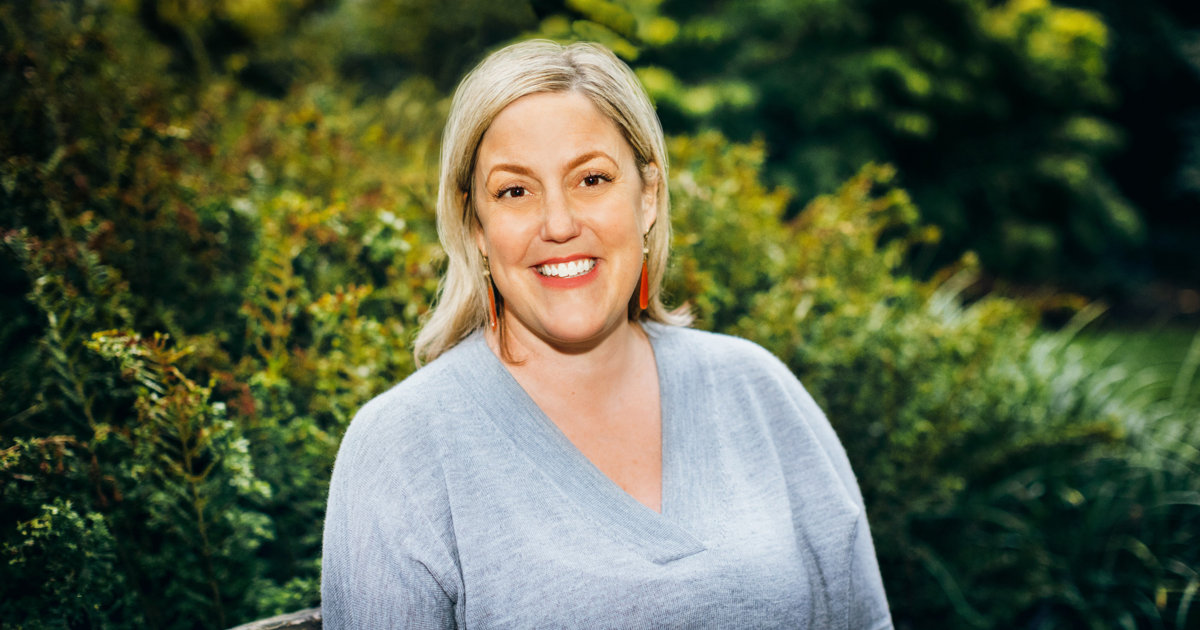I am very excited to share this interview with our readers. Without hesitation, I can say Margaret is one of the most amazing people I have met in my life. I first met Margaret over 4 years ago, and what struck me the most about her was how grounded she remained even while attending to many different things. She approached people with genuine care even while holding many other bids for her attention.
Margaret is steady, no matter what comes her way, so when she told me she was interested in utilizing the SPACE Treatment Program. I knew she would be an excellent support for parents and caregivers trying to address the anxiety in their children.
Please continue reading to find out more about how Margaret uses this fascinating technique.
Martha: For the people out there who might not have heard about SPACE, could you explain what this is?
Margaret: SPACE, Supportive Parenting for Anxious Childhood Emotions, is a 12-week program created by Dr. Eli Lebowitz at the Yale Child Study Center. It’s unique in that it’s a parent-based treatment to help treat children struggling with anxiety and OCD. It targets the accommodations caregivers may be making in reaction to their children’s anxiety. Ironically, these accommodations, while effective in short term reduction of distress, impact the family
dynamics deeply and can actually perpetuate the anxious feelings.
Martha: How did you become interested in the SPACE program? What drew you to this model?
Margaret: We unfortunately don’t live in a Golden Age right now. Our world is very stressful for everyone, but particularly children whose structure and routines have been upended by COVID, among other things. The program appealed to me both as a therapist who wants to help kids navigate the stresses of the world, and as a parent to a young child with anxiety. Being able to work with the caregivers and provide tools and a framework to them (rather than the children), allows for work on the interdependent relationship between anxious children and their caregivers. By providing the tools and framework to address their child’s anxiety, SPACE allows caregivers to tailor a unique response to the child’s needs while working to relieve the interdependence in the relationship.
Martha: There are so many different parent guidance programs out there. What do you think parents can gain from SPACE that is unique?
Margaret: When caregivers accommodate a child’s anxiety, they may make the situation easier for the child and less stressful in the short term, but it ultimately doesn’t fix the problem. SPACE provides supportive strategies for caregivers to stop accommodating the child’s anxiety, while
also being loving and confidence-boosting for the kids.
Martha: What are some of the stories you have heard from parents who begin to apply SPACE to their everyday lives? How do they describe the benefits?
Margaret: Parents who have practiced the SPACE program report increased confidence
levels in their children; they understand that they can self-regulate their anxious feelings. Each success makes the next one easier in a snowball effect.
Martha: How would a family know if they are good candidates for SPACE?
Margaret: SPACE works best for families where caregivers are going out of their way to minimize their child’s anxiety through accommodations. They may find the family dynamic changing for the worse and are looking for the tools to help their child in the long term instead of trying a quick fix.
Martha: Every clinician has a unique style or approach to their work. How would you describe your style when you are working with parents, caregivers, and families?
Margaret: I’m a relational, strength-based therapist. I use humor and empathy to create a team with caregivers to get results.
Martha: How do you ensure that a program like SPACE can still uphold the anti-racism and social justice values that Mente carries?
Margaret: SPACE is a non-judgmental program where the clients identify for themselves what detrimental accommodations they’re making for the child. It’s completely non-judgmental. Clients decode for themselves what their needs are. The program doesn’t impose any racial or cultural assumptions or values. It’s not a problem unless it’s a problem for your family. It’s this wide open and malleable framework that makes SPACE so useful.
I am so grateful to have had a chance to talk with Margaret about her valuable work with this program. A few of us at Mente will be following in her footsteps and will be completing the SPACE program training by early 2023.
For any families out there interested in this program, reach out to us and we would be happy to talk more with you about the possibility of working together.

